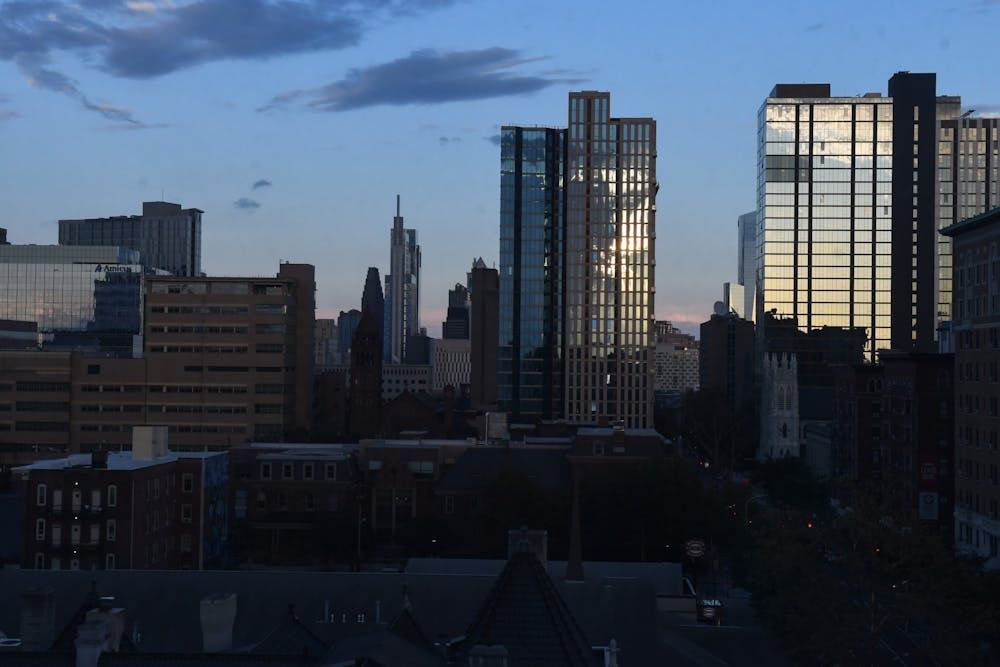
Inmates will be given at least 45 minutes out of the cell each day for showers, phone calls, and fresh air.
Credit: Sukhmani KaurAfter a COVID-19 outbreak inside Philadelphia jails caused at least 150 infections, the Department of Prisons has adopted shelter-in-place measures and indefinitely canceled prisoner transports to court dates.
The uptick in asymptomatic positive cases led the Department to reintroduce measures which had been instituted last spring during an initial surge in cases, The Philadelphia Inquirer reported. Under the shelter-in-place measures, incarcerated individuals will only leave their cells for essential activities.
"[Incarcerated individuals] will only leave their cell for showers, phone calls, and virtual visits with attorneys, and, when it becomes available on Dec. 15, virtual visits with family and loved ones," Commissioner Blanche Carney said in a statement.
Incarcerated individuals will not be brought to a criminal court until further notice, the Inquirer reported. The new order has concerned lawyers who have been advocating for courts to resume trials and resolve a backlog of thousands of cases delayed by COVID-19.
The Philadelphia Department of Prisons' active case count on Saturday nearly doubled from the previous day, the Inquirer reported, prompting concerns from prisoners-rights groups who sued the department last April over inadequate protections from the virus. The spring federal lawsuit resulted in a partial settlement, in which the Department agreed to provide incarcerated people with masks, soap, cleaning supplies, and a guarantee of at least 45 minutes out of the cell each day for showers, phone calls, and fresh air.
The ongoing spike in the city's prison system mirrors the record-setting daily number of cases in Philadelphia over the past few weeks.
While Carney has said that the Department has taken all measures to mitigate COVID-19 transmission within prison facilities, advocates remain concerned about the current level of testing in place in the prison system. Despite efforts by activists, lawyers and prosecutors to reduce the density of the prisons, the incarcerated population has risen over the course of the pandemic.
The Daily Pennsylvanian is an independent, student-run newspaper. Please consider making a donation to support the coverage that shapes the University. Your generosity ensures a future of strong journalism at Penn.
Donate







